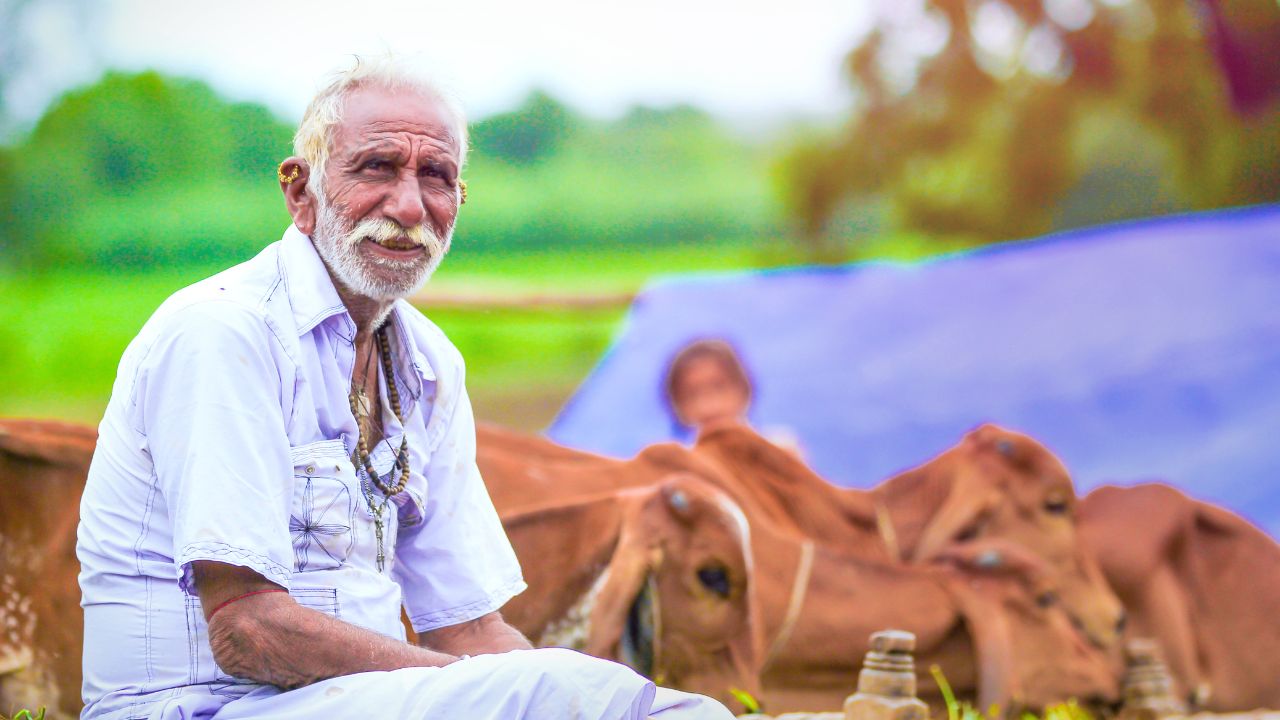Attempting suicide happens in a snap of a finger but the telltale signs keep simmering before the actual act. It is not an easy decision to end one’s life but unfortunately it is a facet of life.
A 2016 study in India reveals that 10-20% of the elderly suffer from mental desolation which means those elders lack healthy emotional & social interactions which are needed for holistic well-being.
Suicide is a sensitive subject in India and is often seen as a stigma. For this reason, the family members of the affected person do not openly talk about the cause of committing suicide.
Data on suicide collected by the National Crime Record Bureau in India does not separately publish the causes of old age suicides, which could be a vital resource for understanding this subject.
A study by Avanish Patel has indicated that various factors instrumental in old age suicide, such as abuse in the family, chronic diseases, depression, poverty and social rejection give rise to feelings of committing suicide among the elderly.
Research data reveals that most suicides (28.33%) have been caused by chronic disease, followed by several other causes, such as depression (21.67%), abuse in family (18.33%), poverty (16.67%), and social rejection (15.00%).
Reports highlight that between 2016 and 2020, nearly 10,000 elderly suicides were reported in Kerala. Kerala Crime Records Bureau also reveals that 7,148 elderly men & 2,460 women died by suicide in the state in four years.
Avinash De Sousa writes that suicide rate is known to increase in the elderly with increasing age and is greatest in the oldest old above the age of 80 years. The suicide rate in people aged 85 or more is usually 5–6 times that of the general population.
There have also been reports of suicide seen in patients with bedridden medical illnesses and dementia in the elderly. Elderly who are lonely, widowed, divorced and in care homes are more likely to attempt suicide than those who are married.
Suicide risk is the highest in the first 24 months after the death of a spouse and due to chronic pain from cancer or chronic medical conditions.
On one hand the developed social economies have well defined guidelines & strategies on suicide prevention but unfortunately social care for the elderly is not a forte of India.
Training of all stakeholders on mental health and suicide prevention could be one of the most effective ways for increasing detection of suicidal behavior and ensuring proper referral and treatment.
Hands down approach is still missing in our system which requires urgent National attention.
Promoting Emotional Health and Preventing Suicide: A Toolkit for Senior Living Communities, 2011, U.S. Dept. of Health & Human Services is a good resource on this important intervention area.
Document can be accessed on the website https://www.samhsa.gov/ or downloaded here (Promoting Emotional Health and Preventing Suicide) or can be read below
